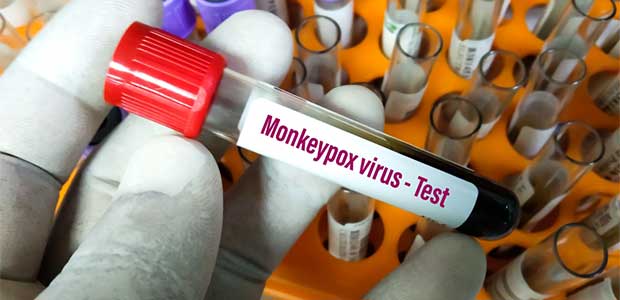
California Releases Guidance on Monkeypox and the Workplace
The guidance is meant to keep workers safe from the disease and applies to employers under the Aerosol Transmissible Diseases (ATD) standard.
- By Alex Saurman
- Sep 29, 2022
In the summer, the World Health Organization declared monkeypox a public health emergency. Now, one state has posted guidance on how to keep workers safe from the disease in the workplace.
Earlier this month, California's Division of Occupational Safety and Health released the guidance for workplaces under “the Aerosol Transmissible Diseases (ATD) standard,” according to a news release.
Under the guidance, workplaces that fall under this category must use a written program to “prevent or reduce the transmission of aerosol transmissible diseases” and use “written procedures for exposure incidents,” according to the news release.
Employers must also give their employees respiratory protection and ensure compliance. The same applies to PPE for those that may be exposed to or have monkeypox. Any exposure must also be reported. To view the details of the regulations, visit dir.ca.gov.
As of September 28, there were 25,341 cases of monkeypox in the U.S. Many cases are in California, 4,886, and New York, 3,895, with Florida, Texas and Georgia also ranking high.
The CDC also provides guidance on the prevention of the virus in some workplace settings. Healthcare personnel should correctly use PPE. For those who work in a setting where people share housing, the CDC has various guidelines on responding to positive cases. Those who may be exposed to the virus at work are recommended to get vaccinated.
About the Author
Alex Saurman is a former Content Editor for Occupational Health & Safety,who has since joined OH&S’s client services team. She continues to work closely with OH&S’s editorial team and contributes to the magazine.